Khasi Woman Left a Bank Job to Brew Up Empowerment For 300+ Coffee Farmers
“When I decided to start my own venture, a lot of people discouraged me and thought I was crazy to let go of a stable bank job." #WomenEntrepreneurs
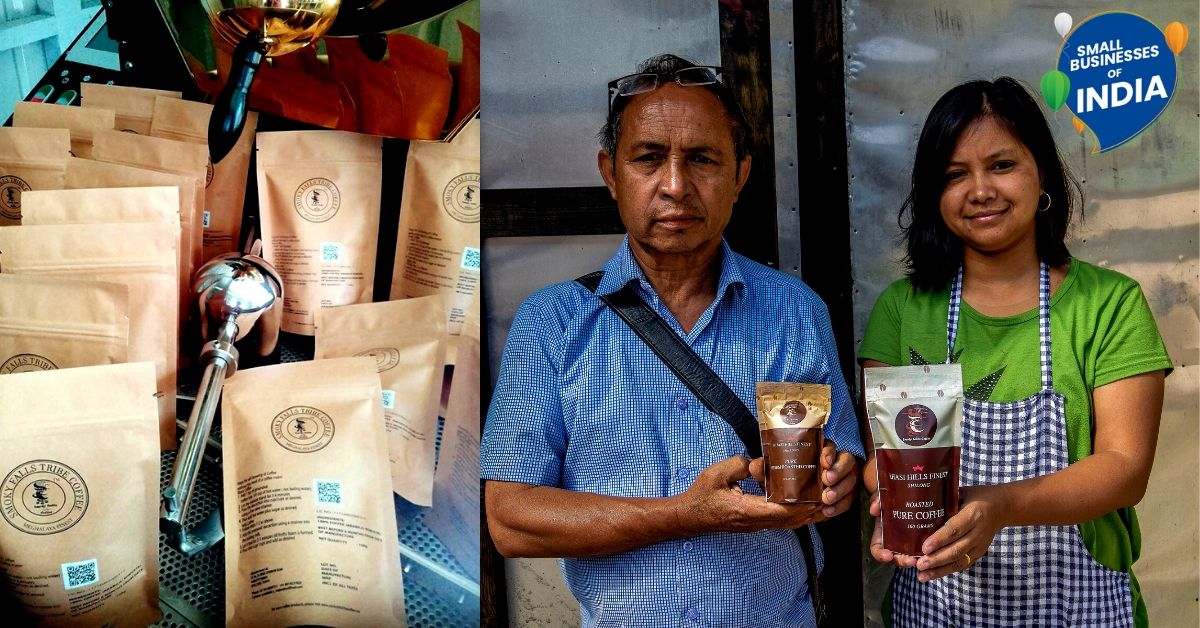
With The Positive Collective, The Better India’s COVID-19 coverage is available to regional language publications for free. Write to [email protected] for more details.
There’s nothing like the kick of extra strong coffee in the morning to clear the sleepy cobwebs from your mind! Being from Assam, I naturally grew up drinking tea, but as a working professional, I have come to realise that when it comes to giving a jolt to the system, coffee beans will always triumph over tea leaves.
Though my love for the fragrant teas from the great green NorthEast of the country will persist forever, I was excited to talk to Dasumarlin Majaw from Meghalaya who has established her own coffee brand!

Dasumarlin from Shillong is the founder of ‘Smoky Falls Tribe Coffee’, a company started in November 2015. Commonly addressed as ‘Dasu’, the founder’s special connection with coffee can be traced back to her childhood.
“My native village is Tyrna and growing up, I remember drinking coffee with my grandmother. This coffee used to grow wild in the region and everyone has a few plants in their backyard. People in my village would drink coffee a lot but I started noticing people shifted their preferences to tea. I found it surprising because there was so much potential in coffee and I realised I could do something in that field,” recalls the 38-year-old.
This is the thought that pushed her to explore this sphere and led to the founding of her venture. Now, she produces over seven tonnes of coffee in a year sourced from her network of 300+ farmers.
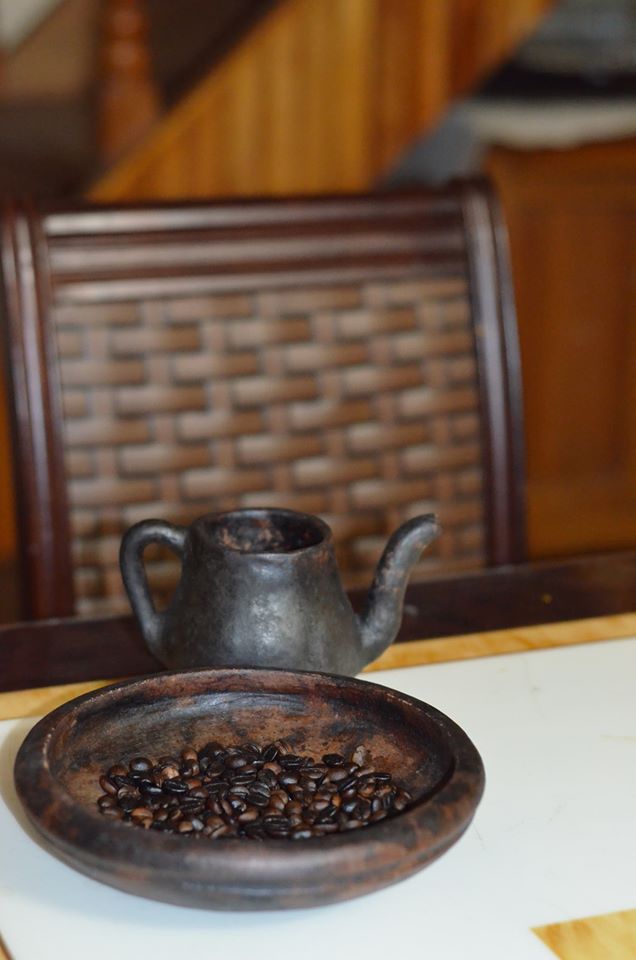
Additionally, she supplies her coffee to 14+ cafes in the northeast while also selling in retail stores based in cities like Bengaluru, Mumbai, Chennai, Guwahati among others and countries like France, New Zealand, Bangladesh, and South Africa.
Entrepreneur Wearing Multiple Hats
Interestingly, entrepreneurship was nowhere in the cards for Dasu. After passing out with a Master’s degree in Biochemistry from the North East Hill University (NEHU) in 2004, she taught in primary schools for a while.
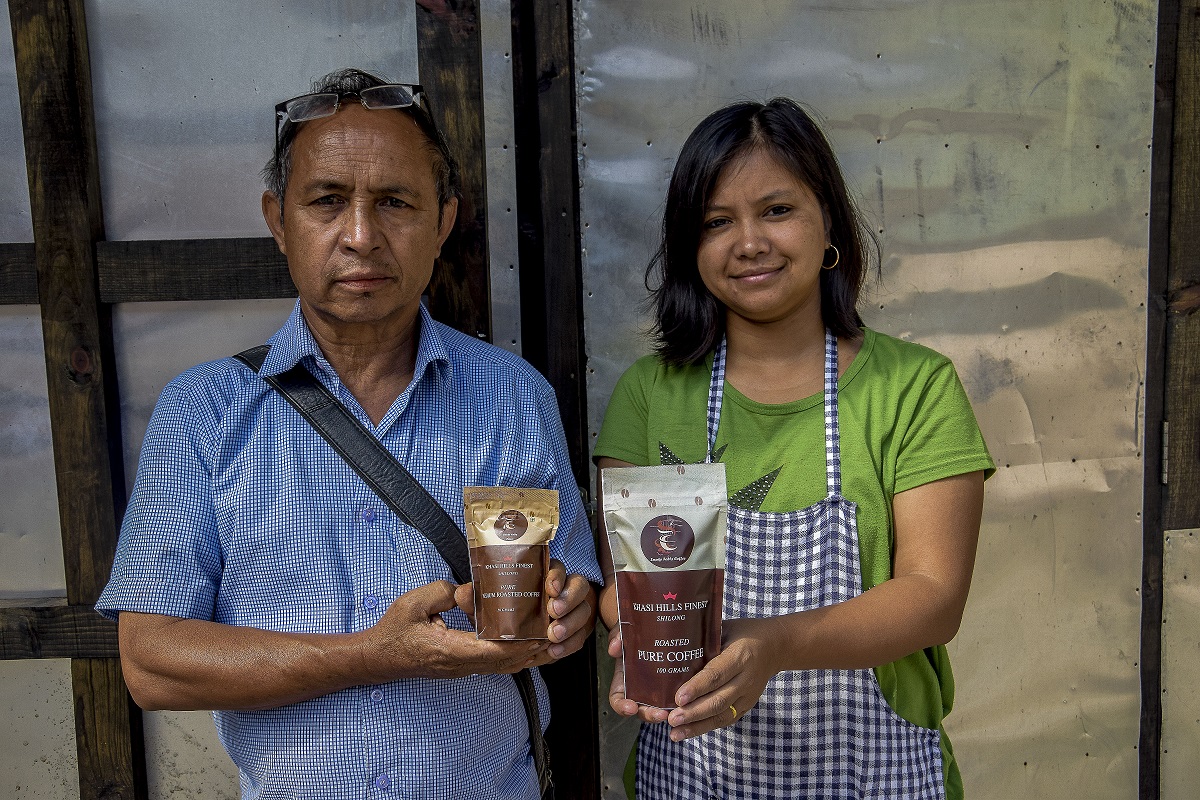
Then, in 2006-07, she worked at the National Innovation Foundation, an initiative to strengthen grassroots technological innovation, based out of Ahmedabad. She later pursued her PhD from NEHU. However, that did not work out and she had to drop the plan completely.
It was during this time that she first decided to pursue something related to coffee. “The thought of empowering farmers from my village had been running through my mind for quite some time. I finally got the space and time to do something and I decided to set up a coffee shop in 2009 and named it ‘Black and White’. Here, I started sourcing coffee in small amounts and since I did not have any professional equipment, I would pan-roast and then grind it,” recalls Dasu.
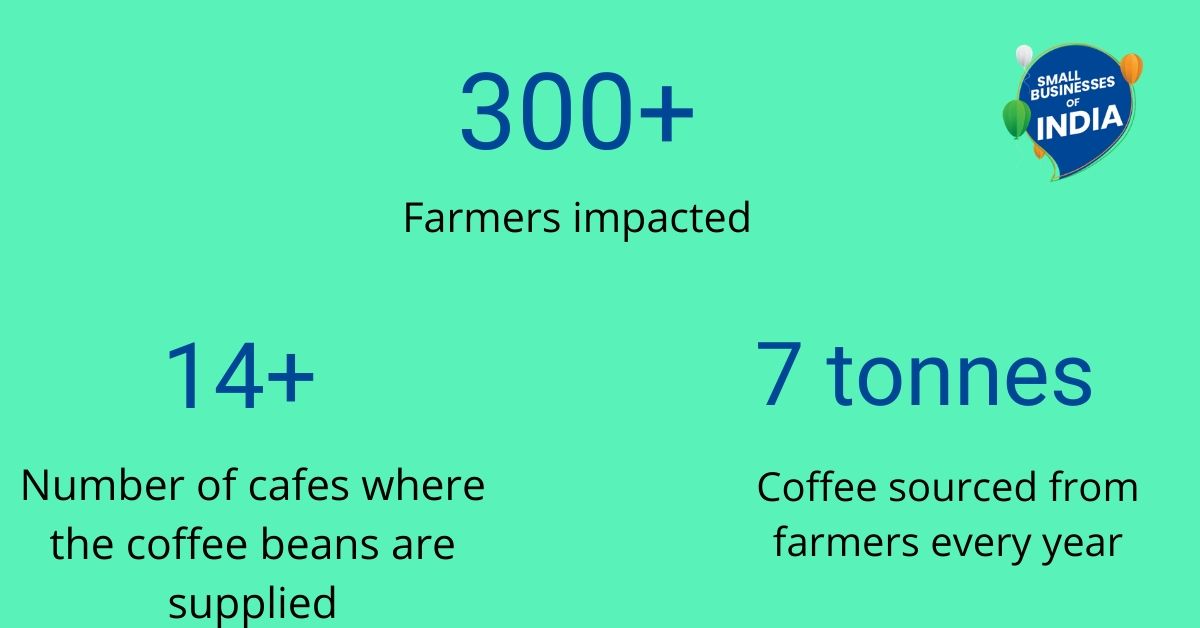
Though she had to shut the cafe as it was getting difficult to manage, she reworked her strategy and began her coffee business.
She initially bought a 1 kg coffee bean roaster and started distributing samples to her friends, relatives, and acquaintances. When she got a good response, she took a loan of Rs 3 lakhs and bought a 5 kg roaster to increase her production capacity. This was the inception of Smokey Falls Tribe Coffee and in mid-2016 she set up a coffee shop by the same name.
Knowing that a perfect brew depends on a perfect roast, she took another loan and bought a German coffee roaster where she could control the temperature, look at graphs, monitor the roasting time along with other helpful features.

After this, there was no stopping Dasu from scaling her operations.
Sourcing Beans from Farmers Fields
Dasu began sourcing from other villages other than her native village Tyrna. Her father, Dondor Giri Nongkhlaw, has been instrumental in developing their network of farmers, informs Dasu.
“My father would visit these villages by himself and meet with farmers. We have discovered so many of them through this exercise. He also conducted several workshops and trained several farmers so that farmers can set up coffee plantations. Now, we know so many farmers who are not just supplying to us but also others,” informs Dasu.
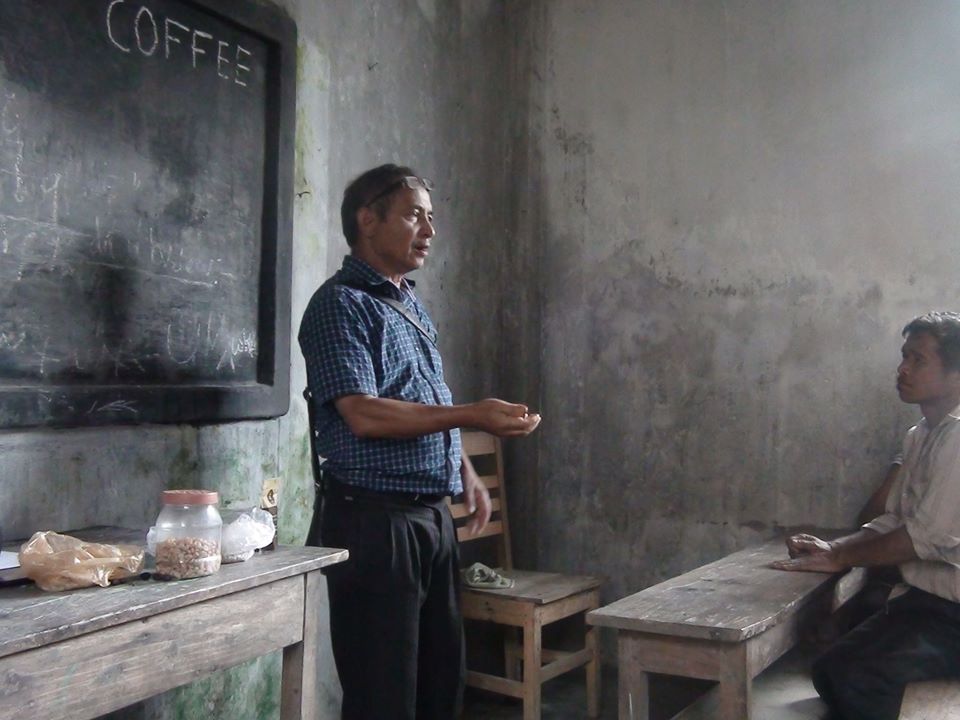
Smoky Falls Tribe Coffee has identified pockets where the altitude is suitable for coffee plantations and supplied farmers with seeds for free so that they can get a headstart. They currently source coffee beans from farmers belonging to areas like Kongthong, Ri Bhoi, Khasi Hills, Jaintia Hills, Garo Hills among others.
Usually, it’s the farmers who come and drop off the coffee beans but in case of farmers in remote villages, Dasu has to ensure that someone from the startup goes and picks it up. Sourcing from several farmers scattered around these different areas and in an undulating terrain can often be a difficult task.
Though initially, the small business was sourcing Robusta variety of coffee beans, Dasu soon realised that it was a bit bitter in taste and the Arabica variety was more popular among the masses. So, she soon made the switch.
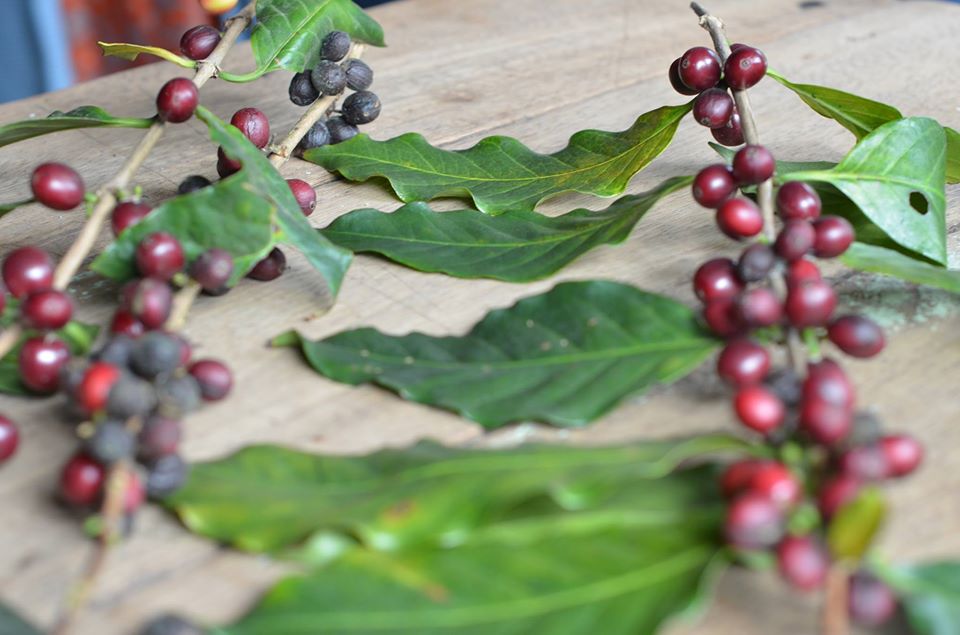
Most of the procurement takes place between the months of March and April when the coffee beans are harvested. They usually get the coffee in two forms, dried cherries and green beans, which you get once the flesh of the cherry is removed. When they receive the coffee in the dried cherry form, the startup removes the pulp using a Huller machine after which the green bean is obtained.
This further needs to be processed where the real coffee beans need to be removed from the husk. Since the business establishment does not have its own machine, this is sent to a processing unit in Guwahati.
Once they receive the beans, it is graded based on quality, and the moisture content after which it can finally be roasted.
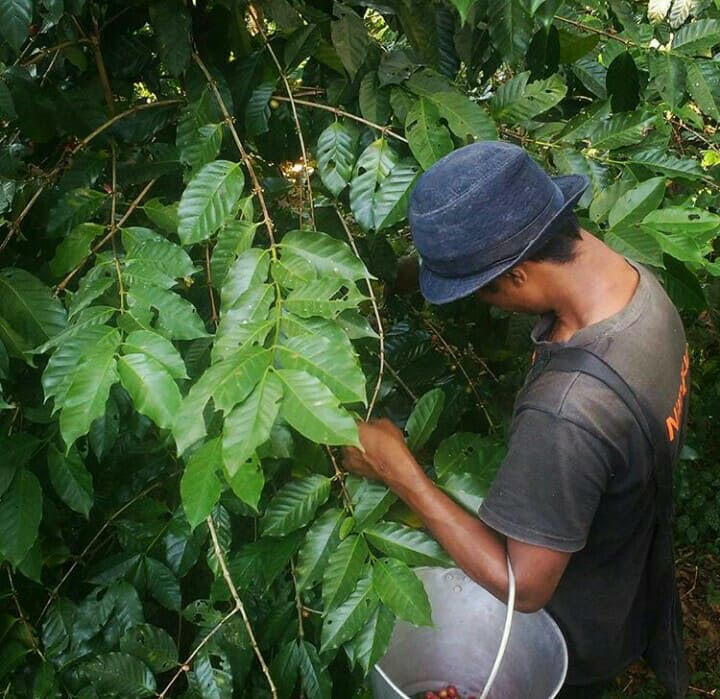
“Once the beans have been roasted, we need to follow this procedure called ‘degassing’. Here, the coffee beans are rested to release the carbon-dioxide build up during roasting. Once it has rested for 12 to 24 hrs, we grind the coffee beans either finely, or coarsely. Some people prefer the beans and place orders specifically for that. So, we even package coffee beans once roasted,” informs Dasu.
Dasu’s efforts have helped many farmers in the region.
Take Wefstar Dsira for example who is a farmer based out of Tura in Meghalaya. The 62-year-old has been growing coffee for over 20 years along with produce like oranges, areca nuts, black pepper, and pineapples among others.
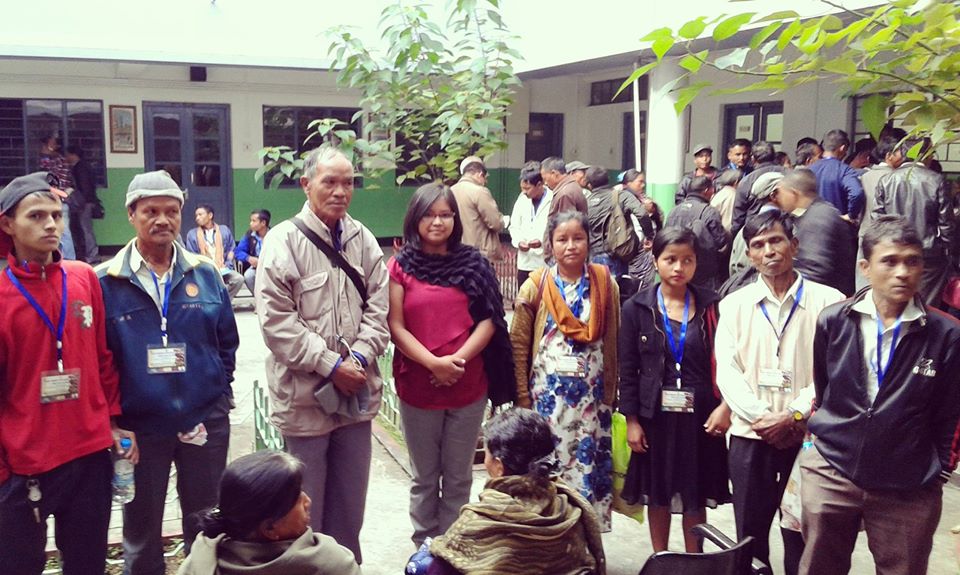
He was one of the first farmers that the small business started sourcing coffee from. “I supply both robusta and arabica coffee varieties to Smokey Falls Tribe Coffee. They source almost 1.5 tonnes of coffee from me. What I like about working with them is that they not only pay a fair price but having a place to supply within Meghalaya is convenient for us. This cuts our costs of transporting to companies in places like Kolkata or Bengaluru,” informs Dsira.
Managing Everything is not a Piece of Cake
Dasu is not just an entrepreneur but a very busy mother and daughter. Her day starts really early as she drops off her children at school by about 6:30. She comes back home and finishes her chores. At 9:30, she visits her unit located close to her home.

Last year, Dasu faced a major setback. Her father who has been instrumental in the operations was diagnosed with cancer. This meant that she needed to deal with this while managing a business and her family. Also, because her father hasn’t been in the best of his health, he has stayed away from the operations.
Fortunately, her father is recovering which is a big relief for Dasu.
Another challenge comes in the form of reluctance on the farmer’s end in adopting arabica farming as it requires more attention. “The robusta coffee is not as popular with drinkers in India. So, we try to encourage them to grow the arabica variety as that would fetch them a good amount and they can also sell to the Coffee Board. But, since they have to take special care in this variety, they do not want to practise this,” she explains.
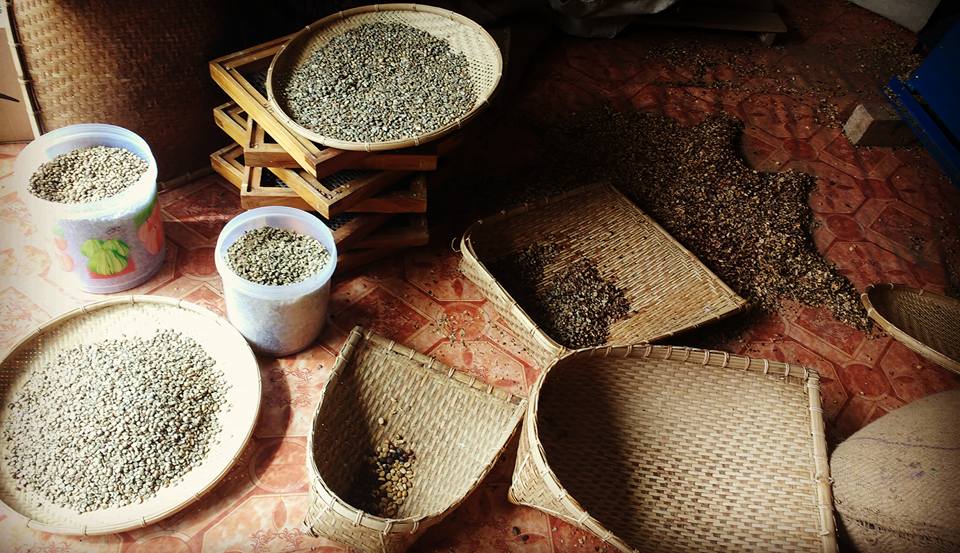
But with skilling and training workshops, they have been able to encourage quite a few farmers and in the future, they plan on scaling this. From her own learnings, there are a few tips that Dasu would like to share with other small business owners.
“Always take your challenges head-on and don’t be afraid to fail. Always be on the lookout for government schemes that you can avail benefits of. The Prime Minister’s Employment Generation Programme (PMEGP) scheme has helped me avail 30 percent subsidy for my business. For a small-time entrepreneur like me, this has been very beneficial. Also, be open to suggestions and help. It is only through connoisseurs from whom I have learnt my skills,” she says.
Dasu’s hard work has also been recognised by various platforms. In 2019, she received the Meghalaya Entrepreneurship Recognition Award by the Chief Minister for popularising indigenous coffee produced in the state.
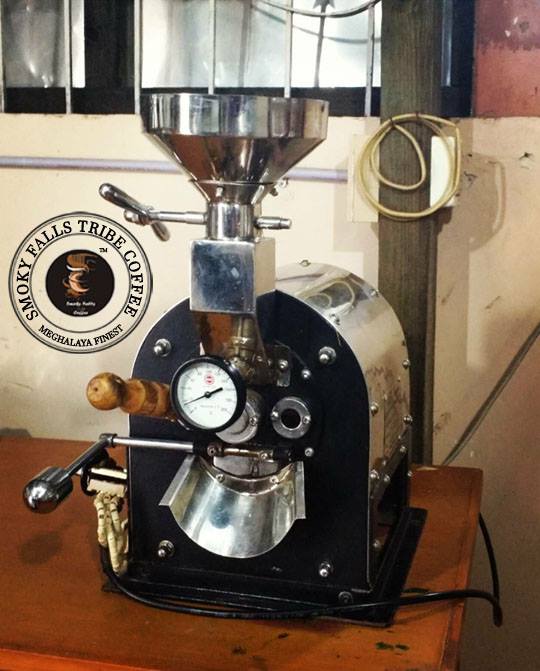
“Last year, I decided to start my second venture where I have started processing jackfruit to make products like chocolate from jackfruit seeds, vegan meat from jackfruit flesh, and jackfruit butter, among others. I have not launched this venture but I plan on expanding this,” she says.
She now wants to scale her operations and adopt more villages to procure coffee beans. She also wants to hold more workshops so that the farmers can learn and help increase the value of coffee in the region.
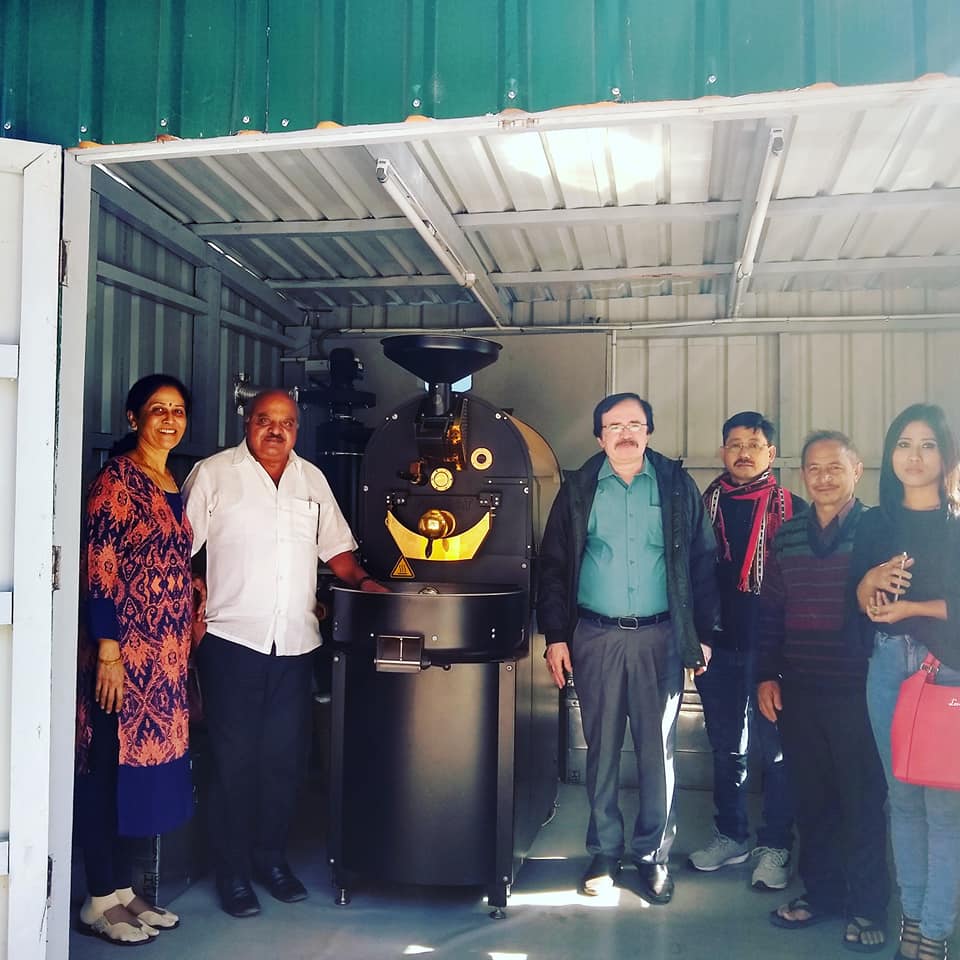
“When I decided to start my own venture, a lot of people discouraged me and thought I was crazy to let go of a stable bank job. Even when I started, people told me to get beans from the south and after processing it, to sell it under my brand name. But, that defeats the whole purpose of helping farmers, which was one of the main reasons for me to set up my business. My true aspiration is, to be honest, and do my bit in putting Meghalaya on the map when it comes to coffee,” says the founder of Smokey Falls Tribe Coffee, signing off.
Rapid-fire:
*An entrepreneur you admire.
Ans: Hemaprabha Devi from Assam
*New tech that can transform the future of small businesses
Ans: Internet and social media have helped me a lot in publicising my products.
*One value that can help small businesses thrive
Ans: Honesty while doing business
*Your favourite book
Ans: I don’t really read a lot but I am catching up with my children and husband.
*In my free time I ____…
Ans: Spend time with my children and father as much as I can.
* Before this interview I was ____…
Ans: Getting a solar dehydrator installed in the unit
*Something they don’t teach in college but is important to run a business is
Ans: I feel every stream in college should teach the basics of entrepreneurship.
*One question I always ask people while hiring is ____…
Ans: How committed they are to join the business
*Best advice you ever got is to ____…
Ans: My dad has always told me to be earnest in my pursuits and to follow my dreams.
(Edited by Saiqua Sultan)
Like this story? Or have something to share?
Write to us: [email protected]
Connect with us on Facebook and Twitter.

Similar Story
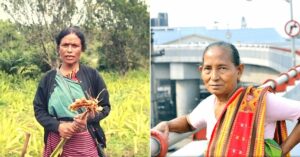
Padma Shri: 5 Incredible Women From Northeast India Who Deserve Our Respect
You may not have heard about Padma Shri recipients like Trinity Saioo, Lakhimi Baruah, Hanjabam Radhe Devi, Birubala Rabha and Pi B. Sangkhumi, but these inspirational women from the Northeast deserve your respect.
Read more >
If you found our stories insightful, informative, or even just enjoyable, we invite you to consider making a voluntary payment to support the work we do at The Better India. Your contribution helps us continue producing quality content that educates, inspires, and drives positive change.
Choose one of the payment options below for your contribution-
By paying for the stories you value, you directly contribute to sustaining our efforts focused on making a difference in the world. Together, let's ensure that impactful stories continue to be told and shared, enriching lives and communities alike.
Thank you for your support. Here are some frequently asked questions you might find helpful to know why you are contributing?


This story made me
-
97
-
121
-
89
-
167












